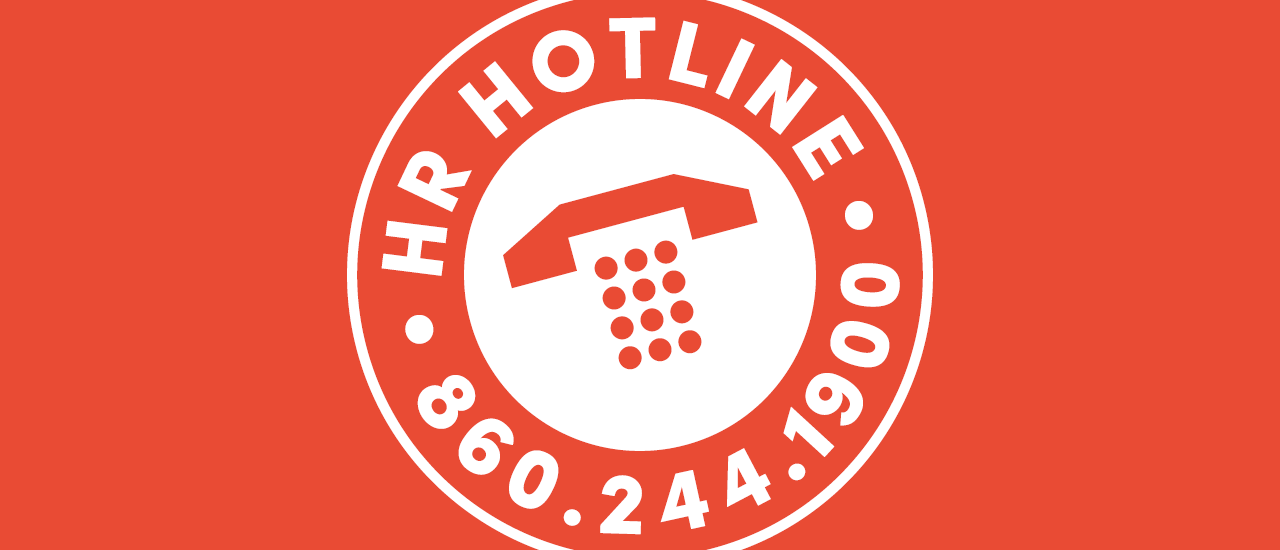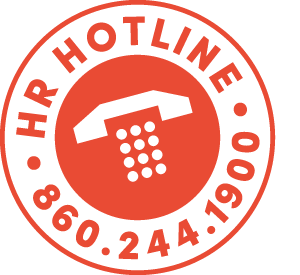HR Hotline: Should Social Media Activity Affect Hiring Decisions?

Q: We currently don’t conduct background checks, but in recruiting for a new social media manager, a member of our hiring team “went rogue” and found some disconcerting information online about our top candidate. Apparently, he is prospecting for clients for a new “canna-tourism” side business, which he plans to launch in Massachusetts once that state’s new recreational pot law is fully implemented in July 2018. That’s not the image we want to project to our customers. Can we rely on this information to reject the applicant?
A: It’s probably OK to say “thanks, but no thanks,” but it would be best to speak with a knowledgeable attorney to review your social media screening process, the applicant’s broader credentials, the job in question, and the totality of circumstances considering all factors together.

Ideally, social media screening of applicants should be transparent and disciplined, to avoid accusations that it is:
- An invasion of privacy—a search not authorized by the candidate, or one where information was obtained from a non-public source
- Potentially discriminatory—only conducted when job candidates belong to certain protected class categories
- Unrelated to the job—and the skills, knowledge, and demeanor required for successful performance
- False—for example, where an individual is the target of an online smear campaign with false, unflattering information posted in their name by someone who wishes to do them harm
A formal social media screening policy and procedure can ensure documentable results that are relevant, properly applied, and not potentially illegal to consider in hiring (e.g., an applicant’s age, race, religion, or medical history).
Some states have passed lifestyle discrimination laws, a form of expanded privacy rights, protecting individuals from adverse actions at work based on their participation in legal activities outside of work.
These are typically related to participation in risky or unhealthy but legal activities, such as motorcycle racing or skydiving, or legal use of consumable products, such as tobacco or alcohol.
But what about marijuana, now legal for medical and/or recreational use in many states?
Most state laws making recreational use of pot legal still permit employers to deny employment to workers unable to pass a drug test, especially since it remains illegal under federal law. So lifestyle choices may limit employment options.
A final thought for now on this evolving issue: According to the SHRM survey, about 40% of respondents reported giving candidates an opportunity to explain or defend themselves regarding the negative/potentially disqualifying information found online.
What you’ve found online about your job candidate may reflect a great marketing mind that is worth attempting to channel to your company’s benefit. It can’t hurt to ask, and you can always say “thanks, but no thanks.”
HR problems? Email or call Mark Soycher at the HR Hotline (860.244.1900 | @HRHotline)
RELATED
EXPLORE BY CATEGORY
Stay Connected with CBIA News Digests
The latest news and information delivered directly to your inbox.


